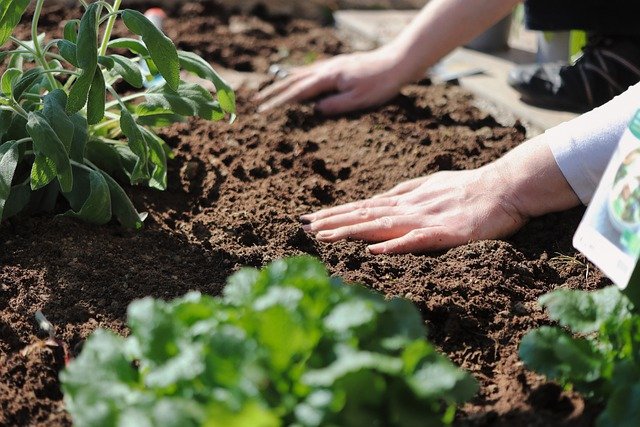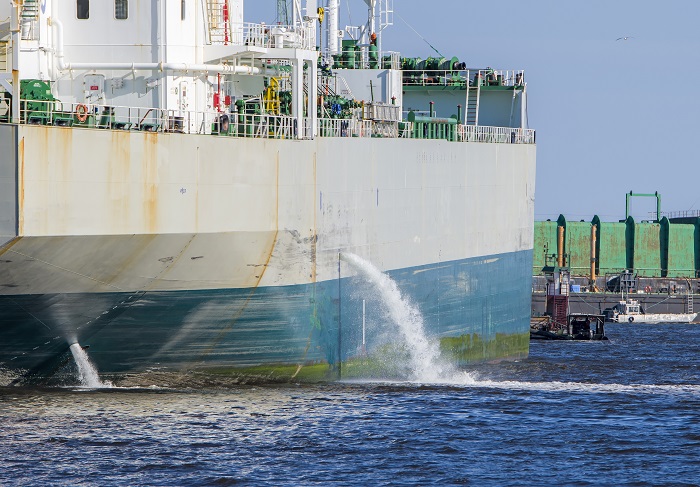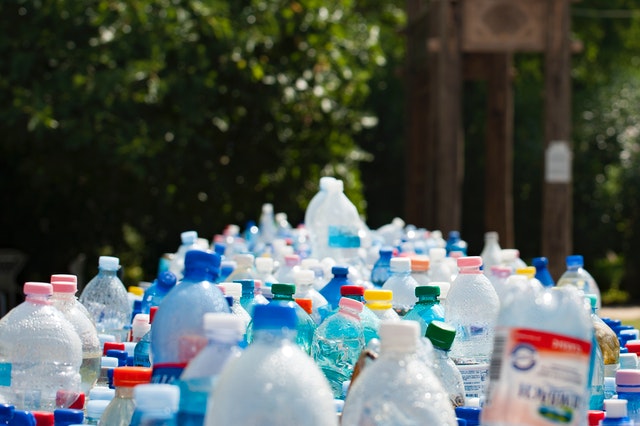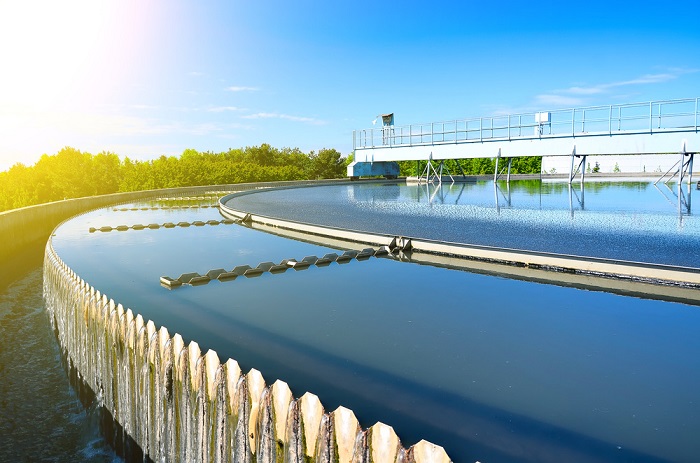
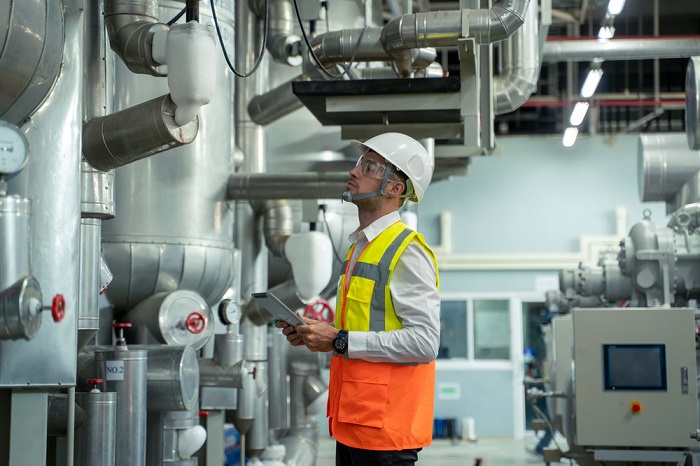
Sustainability is the driving force for modern-day industries. Large and small companies are taking steps to ensure that the products and processes they use have minimal impact on the environment. They understand that going green is the best way to do business and build consumer confidence.
This is particularly true for the chemical industry. Although most would think that sustainability and chemicals make an odd combination, companies involved in producing specialty chemicals are showing them otherwise. Specialty chemical manufacturers are demonstrating that it is possible to create, distribute, and dispose of these products with little to no environmental harm.
Curious as to how these companies can achieve a seemingly impossible feat? Here are some sustainable practices that illustrate how the specialty chemicals industry is paving the way for a cleaner, safer, and eco-friendly chemical product.

Specialty Chemicals In Brief
For starters, it’s crucial to understand what they are and their purpose. These chemical products are manufactured to suit a specific purpose and for a particular industry.
Although they come in various forms, they are often used as finishing products or enhancers. For example, food additives ensure products have a longer shelf-life. Chemicals also treat water, so it’s safe to drink and make medicines into easily digestible forms such as tablets or capsules.
Pesticides keep crops healthy and ensure bountiful harvests. Cleaning agents keep homes, offices, and factories clean, while lubricants allow machinery and cars to work well. Specialty chemicals are also used in dyes for textiles or paints. They’re also used to produce quality adhesives, plastics and rubber products, and much more.
Come to think of it, it’s hard to imagine life without specialty plastics. They play a crucial role in various industries and make daily living safer, more convenient, and more comfortable for everyone.
However, producing specialty chemicals, especially in large quantities, can harm the environment. Their production is often linked to high carbon emissions, water pollution, and plastic waste problems.
To overcome these challenges, specialty chemical manufacturers are taking the following steps to ensure that their products and processes are as eco-friendly as possible.
Sustainability Practices In The Special Chemicals Industry
Specialty chemical manufacturers employ various approaches to ensure their products are safe for humans, animals, and the environment. These practices are embedded in the entire manufacturing process—from production, use, and disposal.
- Shift To Renewable Energy Sources
The specialty chemicals industry is unique because products are manufactured according to industry demands. However, producing them requires a significant amount of energy, affecting the environment and increasing the industry’s energy costs.
Companies are now making a conscious effort to reduce their dependence on fossil fuels by shifting to solar energy to power manufacturing plants. Others use sustainable feedstocks, such as corn or palm, as alternative energy sources.
- Adopt Efficient Manufacturing Technologies
Aside from using solar panels to generate electricity, manufacturing facilities utilize newer technology to make production more efficient. For example, using high-efficiency boilers and cooling water pumps can reduce water use throughout manufacturing.
- Applying Green Chemistry To Product Lifecycle
Green chemistry is also becoming a common practice in the specialty chemicals industry. This method of developing or redesigning products aims to reduce the use or generation of toxic substances. Companies capitalize on research and development to create products that generate less waste, while others seek to make their products easier to recycle.
This approach also reduces carbon emissions while the product is in use. For example, cetane improver additives help lower nitrogen oxide emissions in diesel engines. The decrease can help keep damage to foliage and ensure better crop yields. Using specialty chemicals in laundry detergents can also minimize water and soil pollution.
- Effective Waste Water Treatment
Water is a crucial resource in specialty chemicals production. It plays a significant role in keeping facilities clean and cooling materials and equipment.
However, untreated water can harm water resources such as rivers, seas, and oceans. It can lead to acid buildup, algae blooms, and even harm entire marine ecosystems. Sustainable wastewater treatment reduces damage to marine life. Proper recycling can also ensure that this valuable resource is used in the most efficient way possible.
- Recycling Wastes Into Useful Products
Waste is also a common concern in the chemicals industry. For manufacturers of specialty chemicals, recycling allows them to convert waste into valuable products. Waste gases from steel mills and sugar refineries, for example, can be transformed into polyols, which can be used as sweeteners for beverages, candies, and gums. Biomass from corn and sugarcane can be recycled into ink, adhesives, or fungicide. Biogas can also be processed into biodegradable plastics.
Conclusion
In sum, sustainable practices in the production, use, and disposal of specialty chemicals make them indispensable now and in the future. Using renewable energy sources and energy-efficient equipment lessens carbon emissions during production. Using green chemistry methods enables companies to develop product offerings that are easier to use and dispose of. Regarding product disposal, specialty chemicals recycle waste into valuable products to ensure a circular economy built on sustainable practices.

